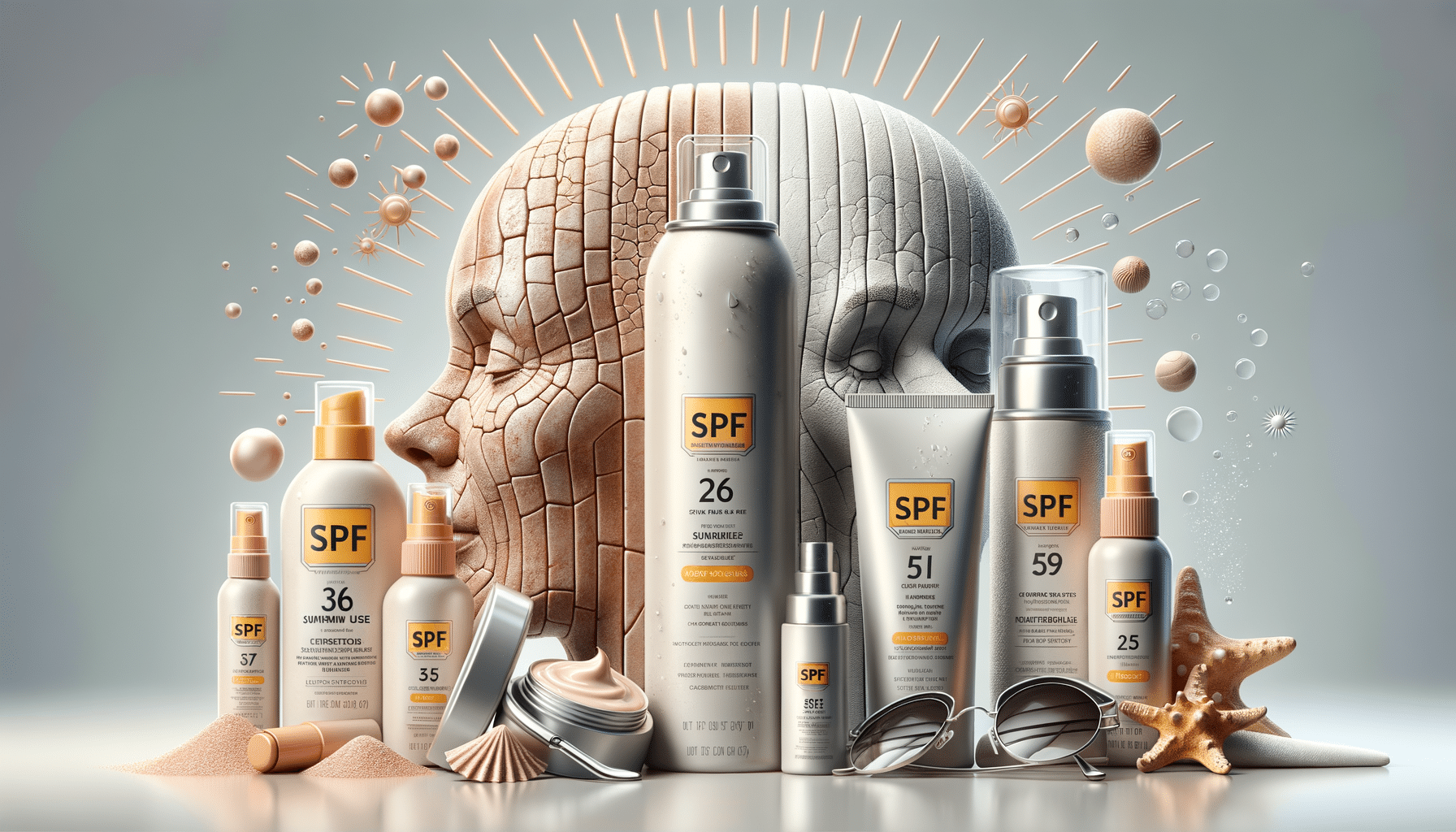
Why Sunscreen Is a Must-Have for Your Skincare Routine and How to Choose the Right One
How to Use Sunscreen in a Skincare Regiment
Incorporating sunscreen into your skincare routine is one of the most effective ways to protect your skin from harmful UV rays. To maximize its benefits, apply sunscreen as the last step in your morning skincare routine. Start by cleansing your face, followed by toner, serum, and moisturizer. Once your moisturizer has absorbed, apply a generous amount of sunscreen. Don’t forget areas like your neck, ears, and the back of your hands. For optimal protection, use a sunscreen with at least SPF 30 and reapply every two hours if you’re outdoors for extended periods. Remember, sunscreen should be used daily, regardless of the weather or season, as UV rays can penetrate through clouds and windows.
Can Sunscreen Help Reduce Wrinkles?
Yes, sunscreen can play a significant role in reducing wrinkles. The sun emits ultraviolet (UV) rays that can penetrate the skin and cause damage at the cellular level. This damage accelerates the breakdown of collagen and elastin, proteins that keep the skin firm and smooth. Over time, this leads to the formation of wrinkles and fine lines. By consistently using sunscreen, you can protect your skin from these harmful effects and maintain its youthful appearance. Studies have shown that individuals who regularly use sunscreen have fewer wrinkles and a more even skin tone compared to those who do not. Additionally, sunscreen can help prevent other signs of aging, such as age spots and hyperpigmentation.
Why Does SPF Matter in Sunscreen?
SPF, or Sun Protection Factor, is a measure of how well a sunscreen can protect your skin from UVB rays, the type of radiation that causes sunburn and contributes to skin cancer. The SPF number indicates how long you can stay in the sun without getting burned compared to unprotected skin. For example, if you use a sunscreen with SPF 30, you can be in the sun 30 times longer than without protection before burning. However, higher SPF values do not mean you can stay in the sun indefinitely. It is crucial to reapply sunscreen every two hours, especially after swimming or sweating. Dermatologists generally recommend using a broad-spectrum sunscreen with at least SPF 30 for daily use. Understanding SPF is essential to choosing the right sunscreen and ensuring adequate protection for your skin.


